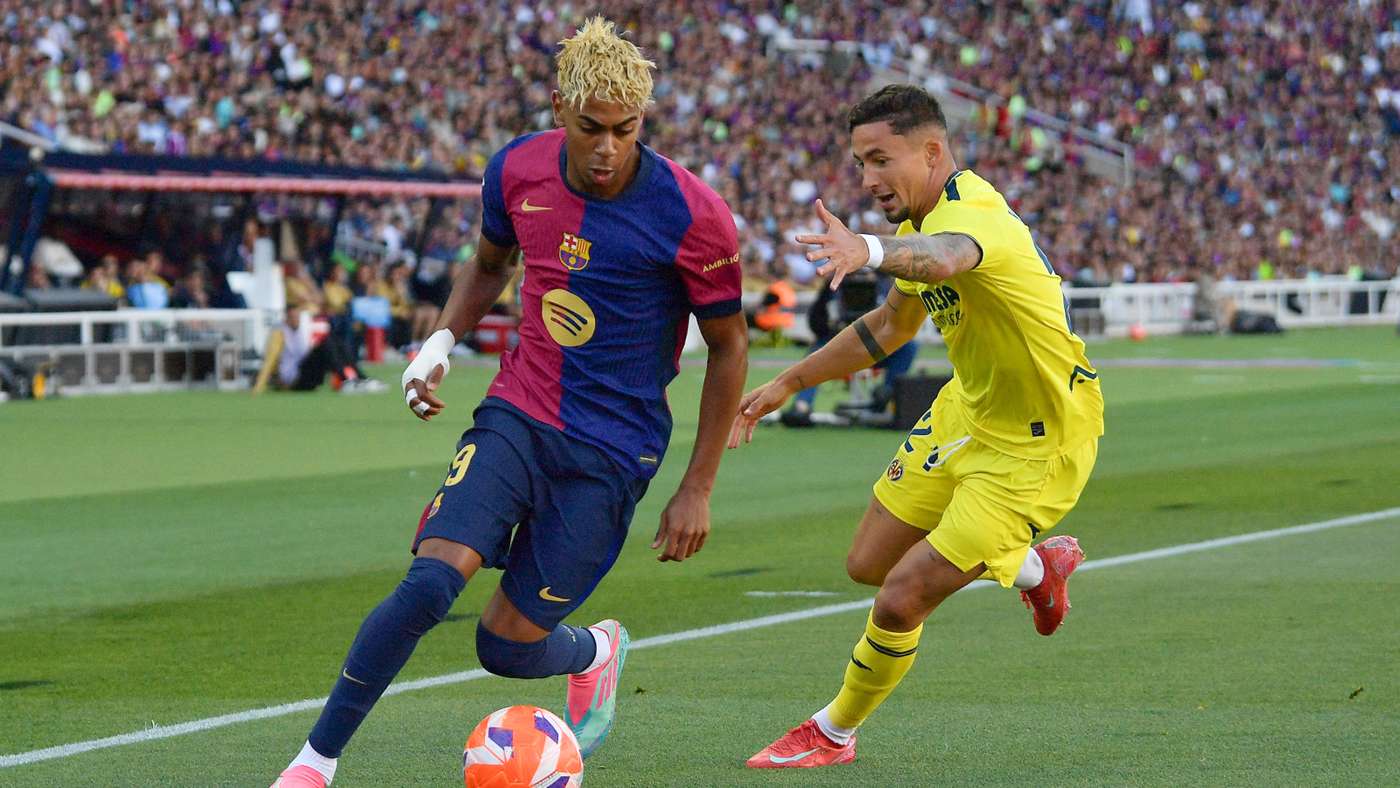La Liga in Crisis Mode: Tebas and the Players’ Union Rally Behind the Miami Showdown That Wasn’t
22 October 2025

Symbolic protest
On Wednesday, Javier Tebas, president of La Liga, held a meeting with David Aganzo, head of the Spanish players’ union, to discuss the fallout from canceling the Villarreal vs Barcelona match scheduled to be played in Miami on December 20.
According to Mundo Deportivo, La Liga announced late Tuesday the decision to cancel the game after the organizer withdrew, citing an uncertain situation in Spain in recent weeks, per the league’s official statement.
Part of the ambiguity stemmed from the stance of the Spanish players’ union and the players themselves, who opposed staging the game in Miami.
Widespread controversy
The rejection began in August, when first‑level club bosses met to discuss hosting the game outside Spanish soil, voicing concerns about lack of information from the league and the potential impact on their collective bargaining agreement.
The dispute deepened last week after league representatives failed to attend the league meeting called by the union on Oct 14, which was to include several club leaders.
The league later proposed a make‑up date for Friday, Oct 24, but the players’ association deemed it too late, insisting that ticket sales set for Tue 20 and Wed 21 be halted.
That led to a symbolic protest in the previous round of La Liga, with players stopping play for a few minutes at the start of each match in solidarity with the union’s position.
Despite the cancellation, the meeting was scheduled for today at the La Liga offices in Madrid at 4:00 PM, per the union’s request to advance the date to discuss the crisis.
La Liga hopes to clarify the reasons behind the cancellation of the Miami match and to ease tensions after weeks of friction between the parties.
Angry statement
In the hours that followed, Tebas vented strong anger at missing out on a chance to leverage this event to develop Spanish football, saying the Spanish game had lost an opportunity to advance and open itself to the world and to its future. He added that some defend tradition from a narrow, local perspective while the true European football heritage faces threats from decisions by the bodies that govern the game, which undermine national leagues—the engine of European football—amid lax European governments that fail to distinguish between the essential and the marginal.
He pointed to contradictions in how competition is managed, noting talk of integrity while those same actors have undermined it for years by influencing referees and decision-makers, spreading misleading narratives, and wielding political and media influence to achieve private aims. He recalled older debates, suggesting others with good intentions were drawn into discussions first raised in 2018 as a pretext to derail the project.
He closed by reaffirming La Liga’s commitment, thanking Villarreal and Barcelona for their dedication and generosity in supporting a project to develop the league, not pursue self‑interest. The league will continue to work seriously to preserve competitiveness and sustainability, while honoring its roots. La Liga deserves to look to the future with ambition, not fear.
Punchline: If this plan were a free-kick, it would require VAR just to figure out what the plan really is. Punchline 2: In football, schedules change faster than a goalkeeper’s gloves on a rainy night—thank goodness for calendars and coffee to survive the suspense.



